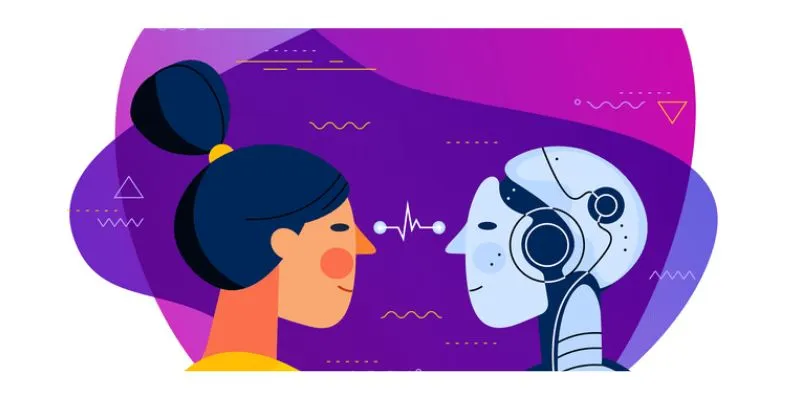
Pursuing more accurate and efficient models often takes centre stage in the rapidly evolving landscape. However, alongside the quest for performance metrics, there’s an equally critical consideration: fairness and bias. As AI systems become more deeply integrated into various aspects of our lives, ensuring fairness in these systems is paramount. This blog post will explore the significance of addressing bias and promoting fairness in machine learning models. With Artificial Intelligence Course in Bangalore, you can gain the knowledge and skills to develop and implement fair and unbiased AI systems.
Understanding Bias in AI
Bias in AI refers to systematic errors in decision-making that result in unfair outcomes, often to certain individuals or groups. These biases can emerge from various sources, including biased training data, flawed algorithms, or societal prejudices implicit in human-created datasets. One of the significant challenges in mitigating bias is its often subtle and nuanced nature.
The Implications of Unaddressed Bias
Unchecked bias in machine learning models can have far-reaching consequences. Biased AI systems can perpetuate and exacerbate disparities in the finance, healthcare, and criminal justice sectors. For instance, biased algorithms used in hiring processes can lead to discrimination against certain demographics, perpetuating inequality in the workplace. Similarly, biased healthcare algorithms might result in unequal access to medical resources or misdiagnosis for certain groups.
Promoting Fairness in Machine Learning
Addressing bias and promoting fairness in machine learning models require a multi-faceted approach:
- Diverse and Representative Datasets: Ensuring that training data is diverse and representative of the population it aims to serve is crucial. This involves actively seeking diverse data sources and employing strategies to mitigate under-representation or sampling biases.
- Algorithmic Fairness: Developing algorithms explicitly designed to prioritize fairness is essential. Techniques such as fairness-aware machine learning, incorporates fairness constraints into the model optimization process, help mitigate biases during training. If you’re looking to develop and implement fair and unbiased AI systems, consider enrolling in an Artificial Intelligence Course in Marathahalli.
- Transparency and Accountability: Transparency in AI systems, including clear documentation of data sources, model architectures, and decision-making processes, is vital for accountability. Additionally, establishing mechanisms for ongoing monitoring and auditing of AI systems can help identify and rectify biases as they arise.
- Ethical Considerations: Ethical frameworks for AI development should prioritize fairness, equity, and societal well-being. Engaging in ethical discussions and considering the broader societal impacts of AI technologies is essential for responsible AI development.
- User-Centric Design: Incorporating user feedback and involving diverse stakeholders in designing and deploying AI systems can help uncover and address biases that may go unnoticed.
As AI continues to permeate various aspects of society, addressing bias and promoting fairness in machine learning models is not just a technical challenge but a moral imperative. By prioritizing fairness and equity in AI development, we can work towards building more inclusive and just systems that benefit everyone. However, achieving fairness in AI is an ongoing journey that requires collaboration, vigilance, and a commitment to ethical principles. As researchers, developers, and policymakers, we ensure that AI technologies serve the common good while minimizing harm and discrimination. Only then can we harness the full potential of AI to create a better and more equitable world for all. By equipping the next generation of AI professionals with the necessary skills and ethical grounding, Best Training And Placement Institutes in Bangalore are playing a crucial role in shaping a more responsible and equitable future of AI.
Also Check; Artificial Intelligence Interview Questions and Answers